Home>Garden Essentials>How Long Does It Take For Wheat To Germinate?
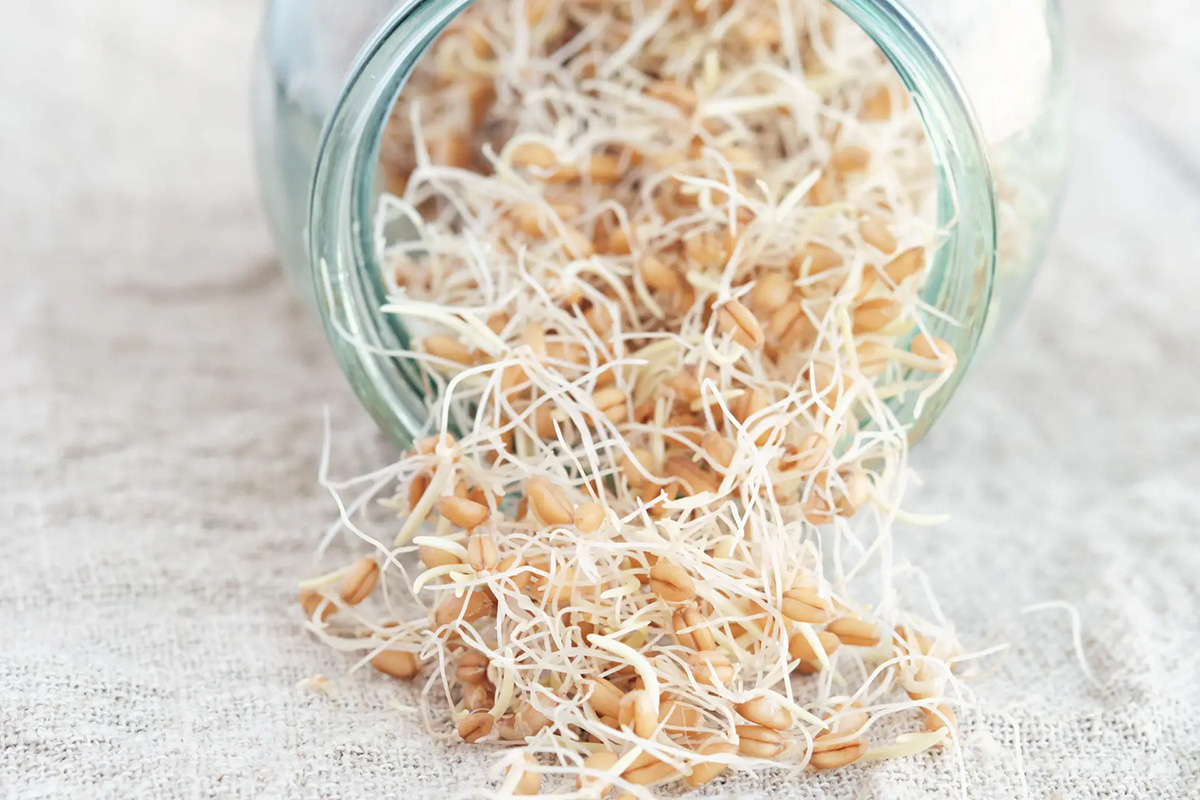

Garden Essentials
How Long Does It Take For Wheat To Germinate?
Modified: September 1, 2024
Learn how long it takes for wheat to germinate in your garden. Discover the ideal conditions and factors that affect the germination process.
(Many of the links in this article redirect to a specific reviewed product. Your purchase of these products through affiliate links helps to generate commission for Storables.com, at no extra cost. Learn more)
Introduction
Gardening enthusiasts and farmers alike eagerly anticipate the moment when their seeds sprout and show signs of life. For wheat growers, understanding the germination process is crucial to ensure successful cultivation. Germination is the process by which a seed transforms into a seedling, ultimately leading to the growth of a fully mature plant. However, the question that often arises is, “How long does it take for wheat to germinate?”
Germination time is influenced by various factors, including the wheat variety, environmental conditions, and proper care. This article will delve into these factors and explore techniques to accelerate the germination process. Whether you are a seasoned wheat farmer or a backyard gardener experimenting with wheat, this information will help you optimize your germination outcomes.
Key Takeaways:
- Wheat seeds can take 7 to 10 days to sprout, but factors like seed quality, soil temperature, and moisture can affect germination time.
- Techniques like pre-soaking seeds and maintaining optimal conditions can speed up wheat germination, leading to healthier plants.
Read more: How Long Does It Take For Mint To Germinate?
Factors Affecting Germination Time
Several factors strongly influence the length of time it takes for wheat seeds to germinate:
- Seed Quality: The quality of the seeds themselves plays a significant role in germination time. Seeds that are healthy, viable, and free from diseases or damage typically germinate faster than lower-quality seeds.
- Seed Dormancy: Some wheat varieties have built-in mechanisms to delay germination until conditions are optimal. This dormancy period ensures that seeds don’t sprout prematurely, which could be detrimental to their survival.
- Soil Temperature: Wheat seeds require a specific range of temperatures to trigger germination. Typically, temperatures between 50°F (10°C) and 86°F (30°C) are ideal for wheat germination. Colder temperatures slow down the process, while excessively high temperatures can hinder or even halt germination altogether.
- Soil Moisture: Adequate soil moisture is crucial for the germination of wheat seeds. Dry soil can delay or prevent germination, while excessively wet soil can lead to rotting of the seeds.
- Light: Unlike some other plant species, wheat seeds do not require light to germinate. In fact, exposure to light can inhibit germination. Therefore, it is recommended to plant wheat seeds at a suitable depth to ensure they are shielded from direct sunlight.
- Air Circulation: Good air circulation is essential for oxygen exchange during germination. Stagnant air can hinder the process and increase the risk of fungal diseases.
- Fertilizer and Nutrients: The availability of essential nutrients, such as nitrogen, phosphorus, and potassium, can affect germination time. Proper soil preparation and the addition of appropriate fertilizers can help provide the necessary nutrients for healthy germination.
Understanding these factors is vital for wheat growers as they can modify these variables to optimize germination time and increase the chances of a successful crop.
Germination Time for Different Wheat Varieties
The germination time for wheat can vary depending on the specific variety. Different wheat cultivars have been developed over the years, each with its own unique characteristics, including germination behavior.
On average, most common wheat varieties take around 7 to 10 days to germinate under favorable conditions. However, it’s important to note that this is just a general guideline and can vary based on the factors mentioned earlier.
Some wheat varieties are known for their fast germination rates, sprouting within 4 to 6 days. These varieties are popular among commercial farmers who value quick establishment and uniform growth. Examples of fast-germinating wheat varieties include ‘Pioneer’, ‘Apache’, and ‘Insignia’.
On the other hand, certain wheat varieties have comparatively slower germination times, taking up to two weeks or even longer to sprout. These varieties require extra patience and careful monitoring during the germination period. Examples of slower-germinating wheat varieties include ‘Heritage’, ‘Purple Straw’, and ‘Red Fife’.
When selecting a wheat variety for cultivation, it’s essential to consider both germination time and other characteristics, such as disease resistance, yield potential, and adaptation to specific climatic conditions. Choosing the right variety that suits your needs and preferences will contribute to a successful wheat-growing experience.
It’s worth noting that the germination time mentioned here is a general approximation and can vary depending on the specific conditions in which the seeds are planted. Proper care, including providing the optimal environmental conditions, can help ensure timely and successful germination for any wheat variety.
Ideal Germination Conditions for Wheat
Creating the ideal germination conditions is crucial to promote the successful sprouting and growth of wheat seeds. By providing the optimal environment, you can significantly improve germination rates and ensure healthy seedlings. Here are the key factors to consider:
- Soil Temperature: Wheat seeds germinate best within a temperature range of 50°F (10°C) to 86°F (30°C). Maintain a consistent and moderate soil temperature to promote faster and uniform germination. Using a soil thermometer can help you monitor and adjust the temperature accordingly.
- Moisture: Soil moisture is essential for wheat germination. The soil should be moist but not excessively wet. Aim for a moisture level where the soil feels damp to the touch, similar to a well-wrung sponge.
- Light: As mentioned earlier, wheat seeds do not require light to germinate. Therefore, it is best to plant them at a suitable depth to ensure they are shielded from direct sunlight.
- Aeration: Proper air circulation is important during germination. Ensure that the soil has good drainage to prevent waterlogging, which can suffocate the seeds. Amending the soil with organic matter can help improve its structure and promote better aeration.
- Soil Quality: Wheat thrives in well-draining soil with a pH between 6.0 and 7.5. Before sowing the seeds, prepare the soil by removing weeds, breaking up any clumps, and incorporating organic matter to improve fertility and structure.
- Seed Depth: Plant the seeds at the appropriate depth to ensure proper moisture absorption and shield them from light. Generally, wheat seeds should be sown approximately one inch (2.5 cm) deep into the soil.
- Protection from Pests and Diseases: Take preventive measures to protect the germinating seeds from pests and diseases. Applying organic pest control methods or using row covers can help safeguard the vulnerable seedlings.
By providing these ideal germination conditions, you give your wheat seeds the best chance to sprout and grow into healthy plants. Regular monitoring and adjustments, as needed, will help you maintain these conditions and ensure a successful germination process.
Keep the soil consistently moist but not waterlogged, and place the seeds in a warm environment with plenty of sunlight. Germination usually takes 7-10 days.
Techniques to Speed Up Germination
Want to see your wheat seeds sprout and thrive in the shortest possible time? Here are some techniques to speed up the germination process:
- Pre-soaking Seeds: Soaking wheat seeds in water for 8-12 hours before planting can help soften the seed coat and promote faster germination. This technique is especially beneficial for seeds with hard outer shells.
- Warm Water Treatment: To further facilitate germination, you can try treating the pre-soaked seeds with warm water. Simply soak them in water at 104°F (40°C) for about 30 minutes, then drain and sow the seeds as usual.
- Stratification: Some wheat varieties have a natural dormancy period that can delay germination. By subjecting the seeds to a period of cold stratification, usually in the refrigerator for a few days, the dormancy can be broken, leading to quicker and more synchronized germination.
- Optimal Soil Temperature: Maintaining a consistent and ideal soil temperature within the recommended range (50°F to 86°F or 10°C to 30°C) can significantly speed up germination. Use mulch or row covers to insulate the soil and keep it warm during cooler periods.
- Enhanced Soil Moisture: Ensure that the soil remains consistently moist but not waterlogged throughout the germination period. Regularly monitor the moisture level and water as needed, especially during dry spells or in areas with low rainfall.
- Use of Hormone-based Seed Treatments: Hormone-based seed treatments, such as gibberellic acid, can be applied to wheat seeds before planting to stimulate faster germination. These treatments can help break seed dormancy and promote quicker emergence of seedlings.
- Provide Adequate Light and Air Circulation: While wheat seeds don’t require light to germinate, ensuring they receive sufficient light and proper air circulation once seedlings emerge can aid their growth and development.
Remember, while these techniques can speed up germination, it’s important to strike a balance and avoid overdoing any one method. Providing the optimal conditions and giving the seeds time to germinate naturally is also crucial for healthy plant growth.
By incorporating these techniques into your germination process, you can see faster and more uniform sprouting, leading to stronger and healthier wheat seedlings.
Read more: How Long Does It Take Millet To Germinate
Germination Time for Wheat in Different Environmental Conditions
Wheat germination time can vary depending on the environmental conditions in which the seeds are planted. Here’s a closer look at how different conditions can affect germination:
- Temperature: Temperature plays a crucial role in the germination of wheat seeds. Cooler temperatures can slow down germination, while warmer temperatures can speed it up. Optimal soil temperatures within the range of 50°F (10°C) to 86°F (30°C) provide the best conditions for prompt germination.
- Moisture: Adequate moisture is essential for wheat germination. Dry soil can delay or prevent germination, while excessively wet soil can lead to rotting of the seeds. Consistently maintaining the right level of moisture is crucial for timely and successful germination.
- Soil Type: Different soil types can affect the germination time of wheat seeds. Well-draining soils allow for better aeration and root development, promoting faster germination. Heavy clay soils can retain moisture for longer periods, potentially delaying germination.
- Weather Conditions: Weather conditions such as air humidity and rainfall can impact wheat germination. High humidity levels can create a favorable environment for rapid germination, while prolonged dry spells can slow it down. The timing of rainfall or watering is critical to ensure sufficient moisture for prompt sprouting.
- Elevation: Wheat grown at higher elevations may experience a longer germination time due to lower temperatures and shorter growing seasons. It’s important to select wheat varieties adapted to the specific elevation and growing conditions of your region.
- Disease Pressure: Environmental conditions that promote the spread of diseases, such as fungal infections, can hinder germination. It’s crucial to monitor and manage diseases effectively to ensure healthy seedlings and timely germination.
- Light Exposure: While wheat seeds don’t require light to germinate, exposure to light can inhibit germination. Therefore, planting the seeds at the appropriate depth to shield them from direct sunlight will optimize germination outcomes.
It’s important to note that specific wheat varieties may have different germination characteristics and adaptability to various environmental conditions. By understanding the impact of these conditions on germination time, growers can make informed decisions and adjust their practices accordingly for successful wheat cultivation.
Regular monitoring of the environmental conditions, coupled with proper care and adjustments, will ensure optimal germination and set the stage for healthy wheat plants.
Conclusion
Understanding the germination process is essential for successful wheat cultivation. Factors such as seed quality, dormancy, soil temperature, moisture, light, and air circulation all play crucial roles in determining the germination time of wheat seeds. By providing the ideal germination conditions, such as maintaining optimal temperatures, adequate moisture, and proper aeration, you can enhance the germination process and promote healthy seedling development.
Different wheat varieties have varying germination times, with some seeds sprouting faster than others. It’s important to choose a variety that suits your specific needs and consider factors like disease resistance and adaptability to your local climate.
There are also techniques available to speed up germination, including pre-soaking seeds, warm water treatments, stratification, and hormone-based seed treatments. By implementing these methods, you can encourage quicker and more uniform germination of your wheat seeds.
It’s important to note that environmental conditions, such as temperature, moisture, soil type, and disease pressure, can also affect the germination time of wheat seeds. By understanding how these conditions impact germination and adapting your practices accordingly, you can achieve optimal germination outcomes.
In conclusion, patience, proper care, and an understanding of the factors affecting wheat germination will lead to successful cultivation. By providing the ideal conditions and incorporating techniques to accelerate germination, you can ensure healthy seedling establishment and set the stage for a bountiful wheat crop.
Frequently Asked Questions about How Long Does It Take For Wheat To Germinate?
Was this page helpful?
At Storables.com, we guarantee accurate and reliable information. Our content, validated by Expert Board Contributors, is crafted following stringent Editorial Policies. We're committed to providing you with well-researched, expert-backed insights for all your informational needs.


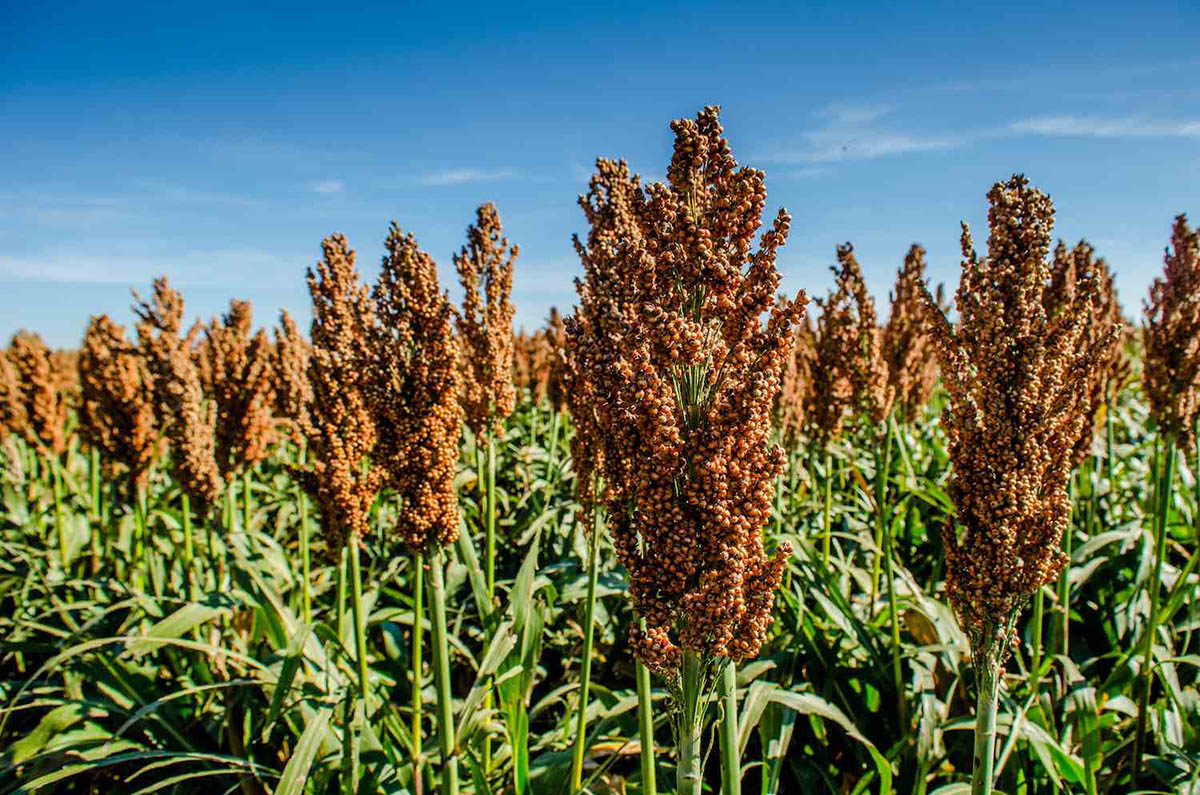


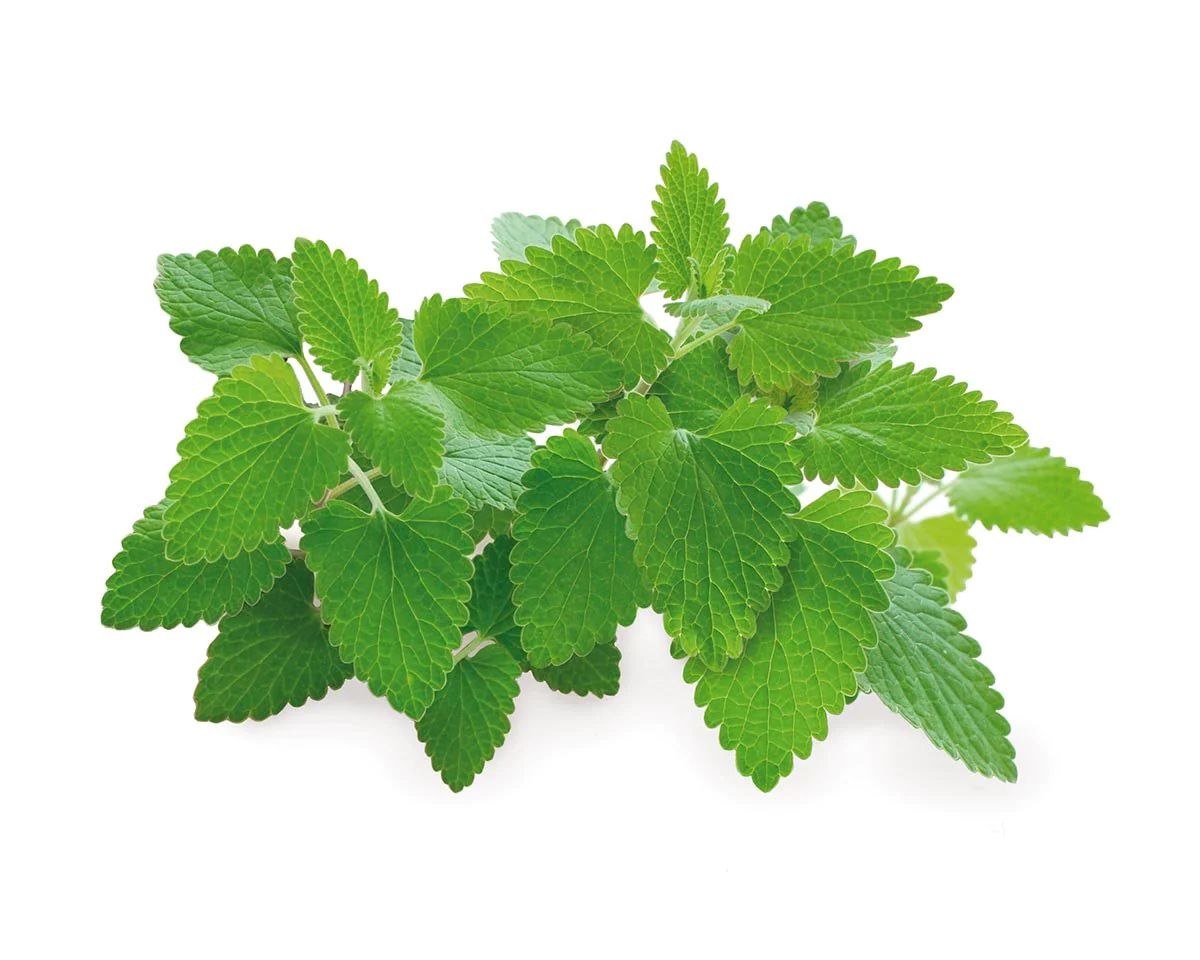
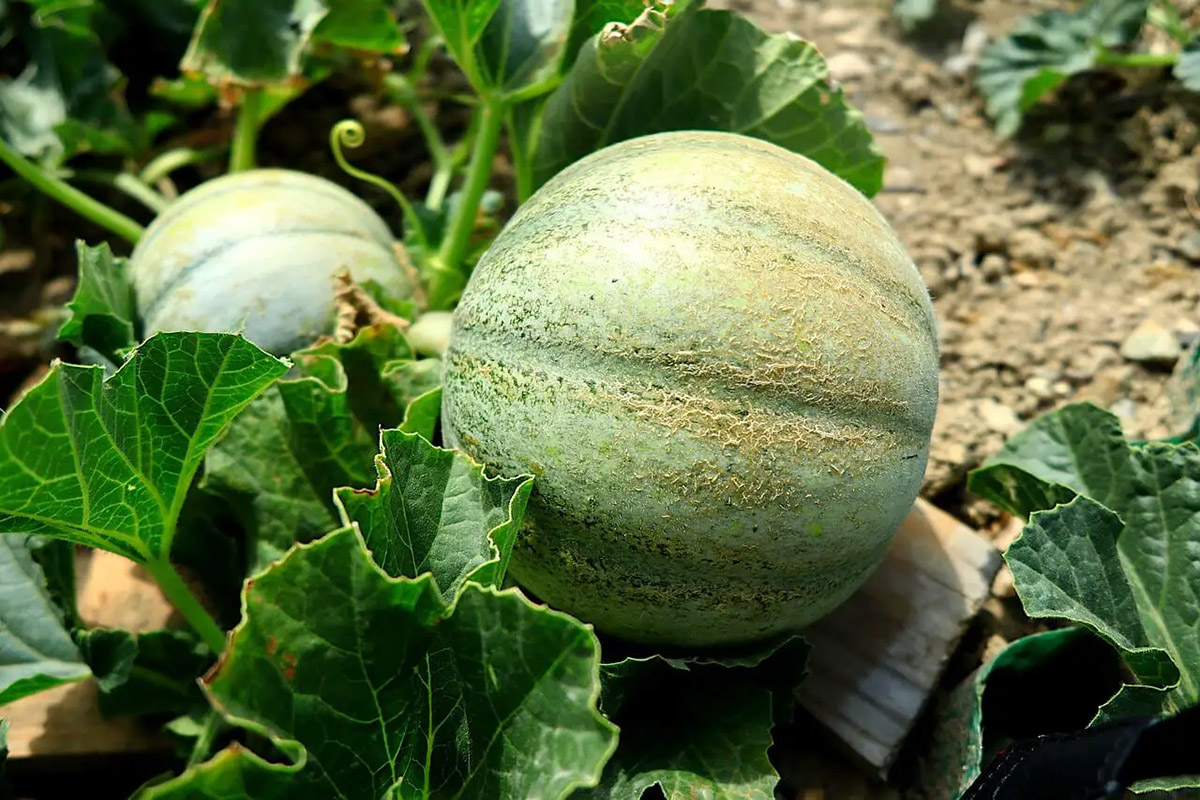
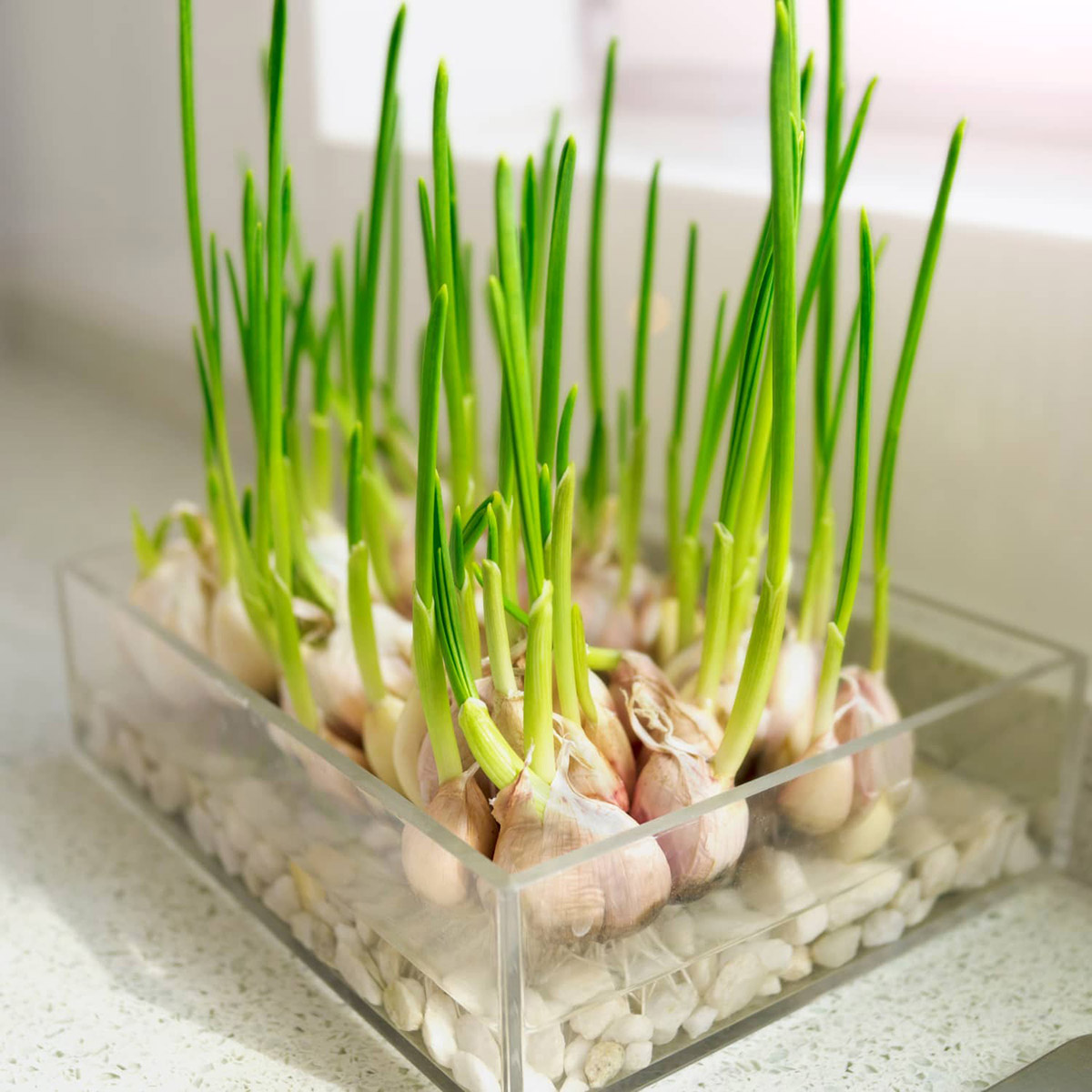
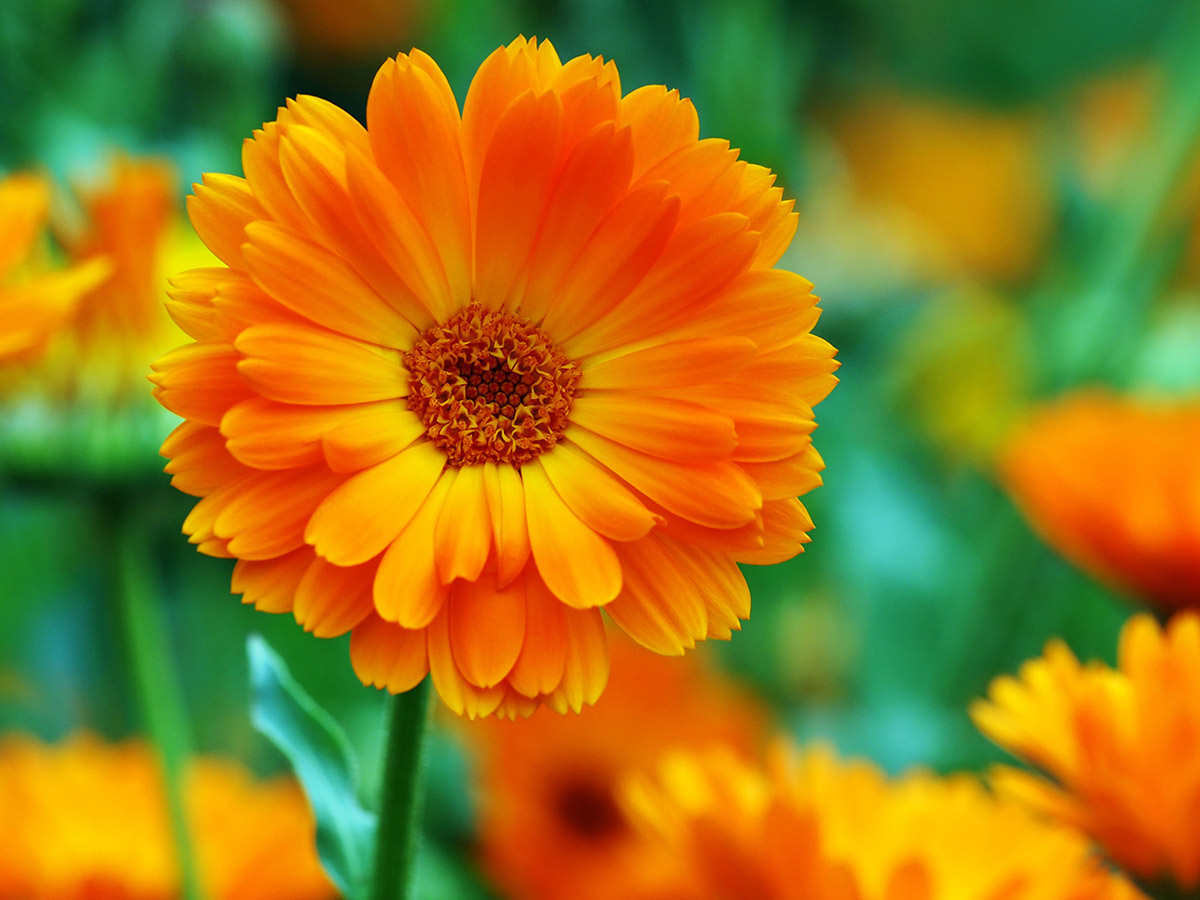
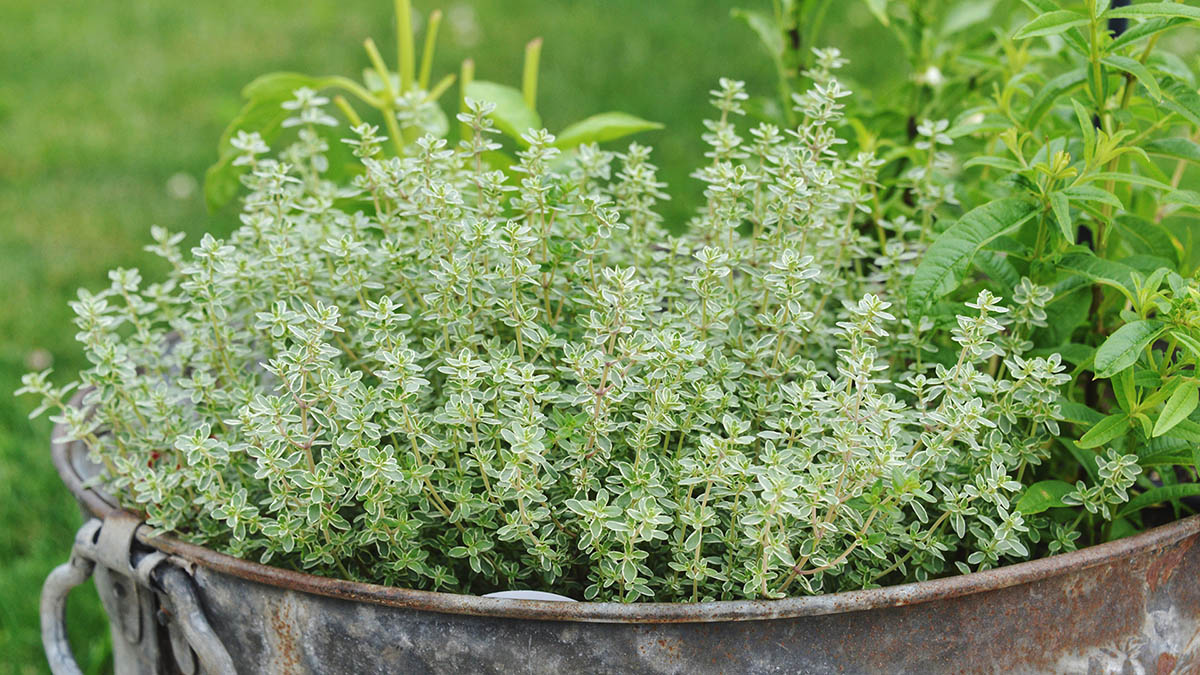
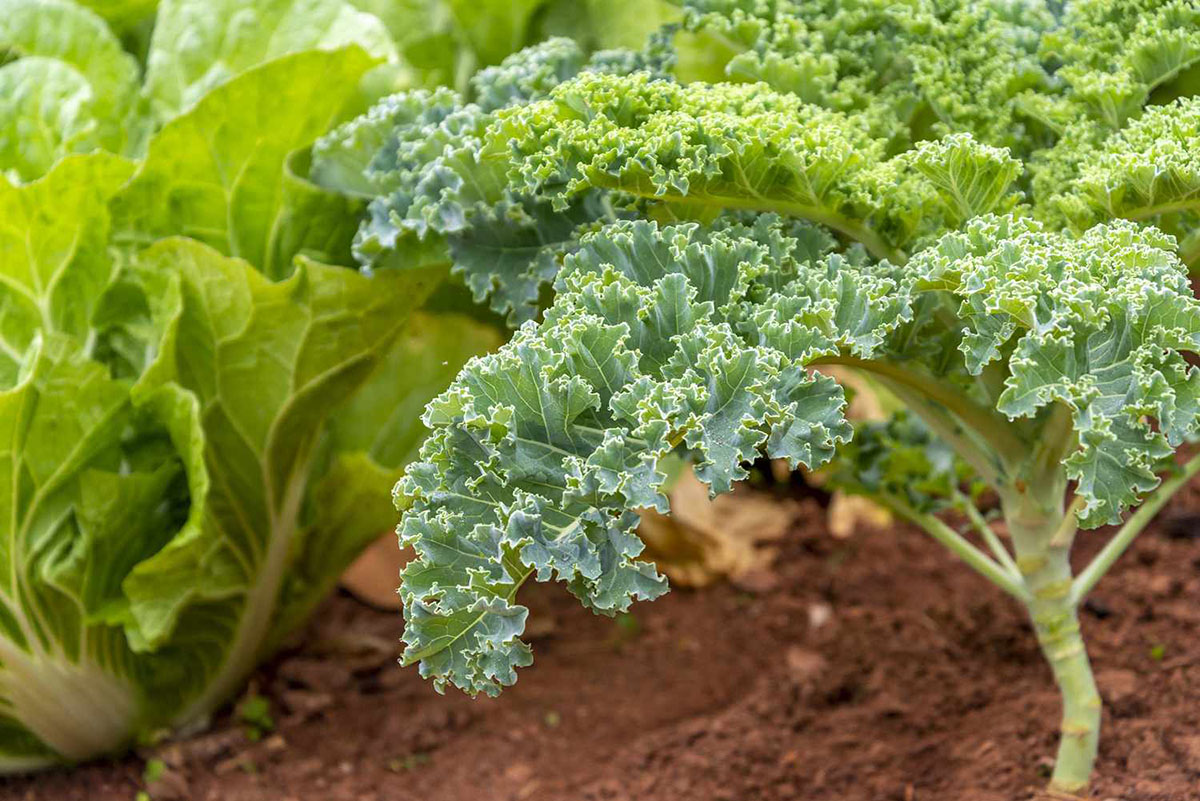

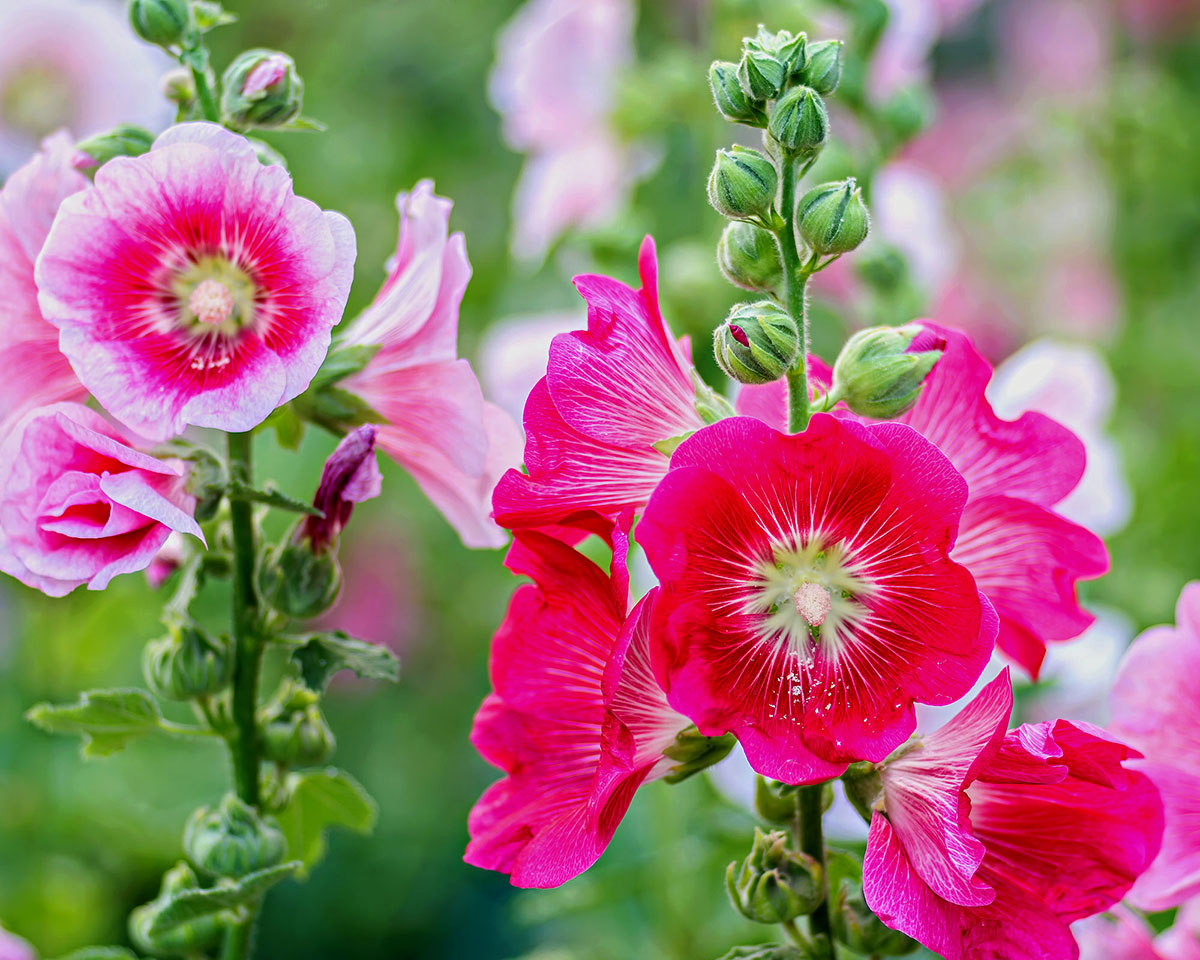
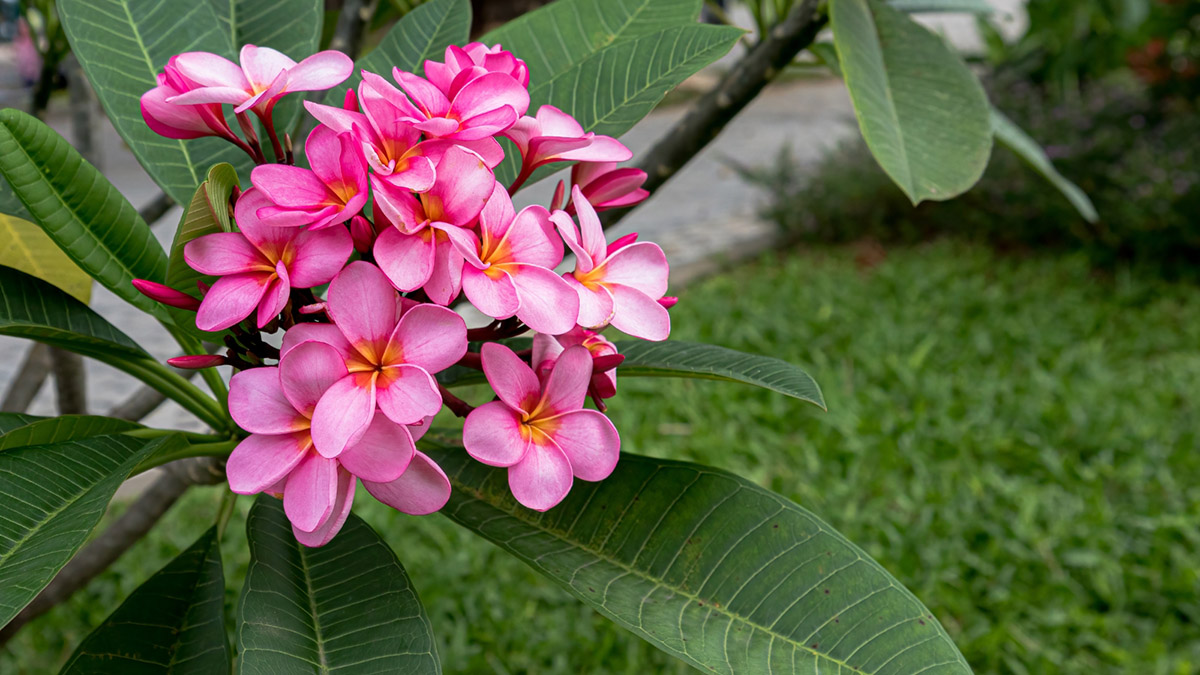

0 thoughts on “How Long Does It Take For Wheat To Germinate?”